Would you rather say, ‘pass me the Scott please?” or “pass me the Kleenex please?”. Do you hear your mom saying, “put leftovers in a Tupperware” or “put leftovers in a Fuller Cosmetics?”.
The fact is that many brand names have become synonyms with the products for which they are famous for. Kleenex and Tupperware, for instance, are brands names but as their names became genericized, customers many not identify them as brands anymore rather than products.
And while that fame might seem like a good thing, it can be a problem for such companies as they lose their distinctive appeal! Consumers regularly use words such as “Kleenex”, “Google”, “Post-Its”, “Q-tips”, “Scotch tape”, ” Band Aids”, Tupperware” to name a few – all of which are registered trademarks – for products made by other companies. Which means that when purchasing tissue paper, a customer would buy a different brand and not Kleenex.
By contrast, other brands like Starbucks, or Nike for instance, have not lost control over their brands names. Now that is interesting. Any idea why that is? And how did they prevent being destroyed by their own success?
Register now at Jestafreak.com share your comments below and join exclusive brands communities.
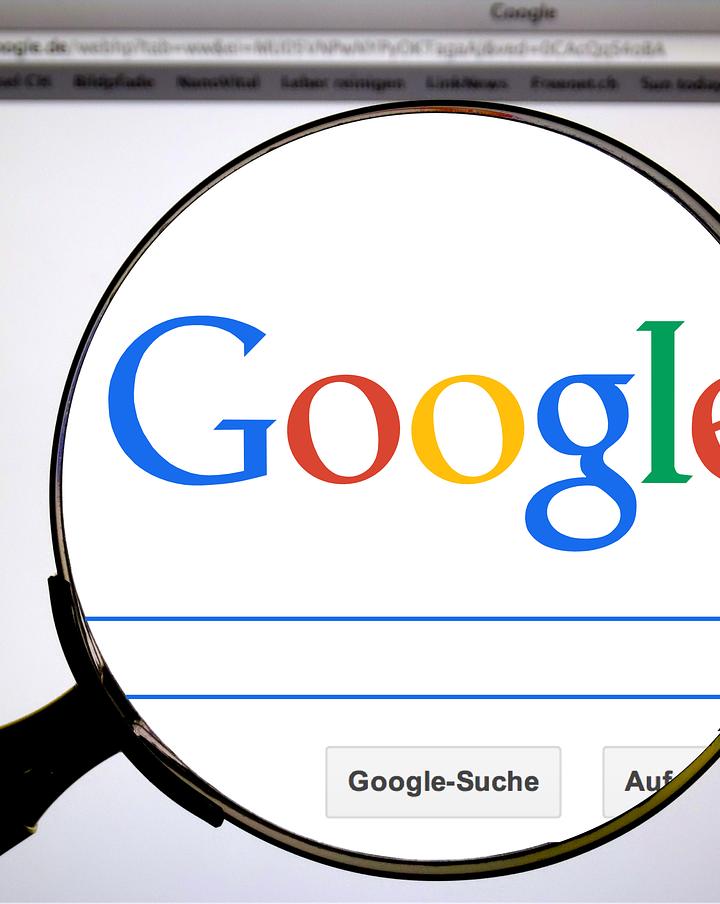



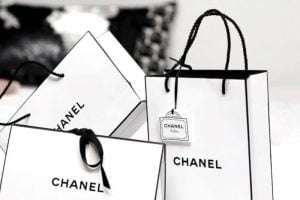



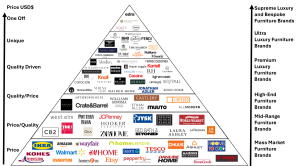

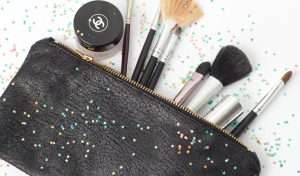

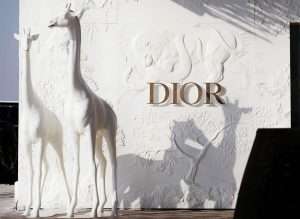
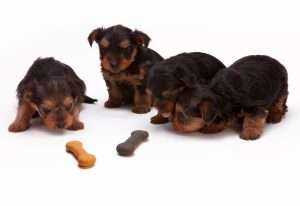







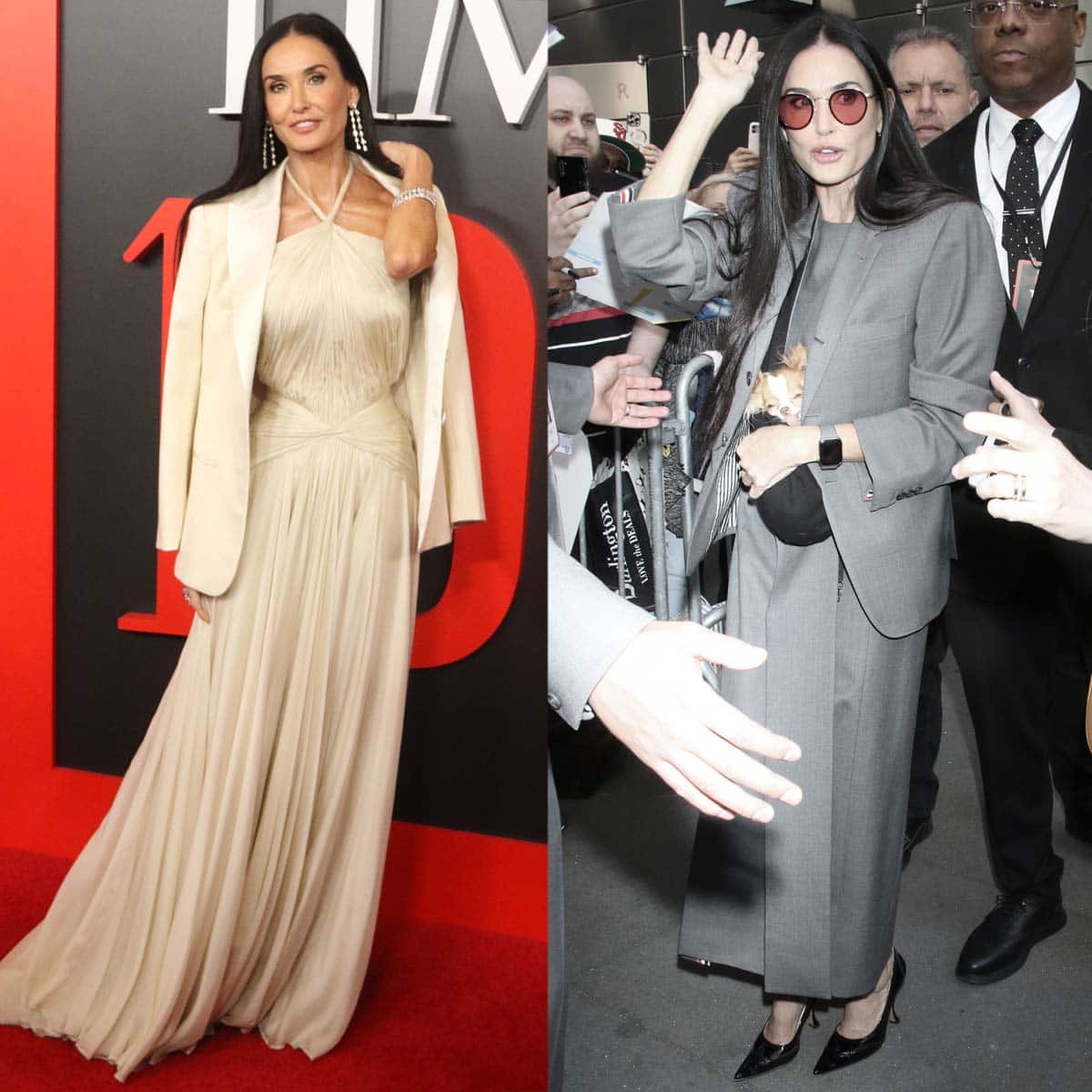









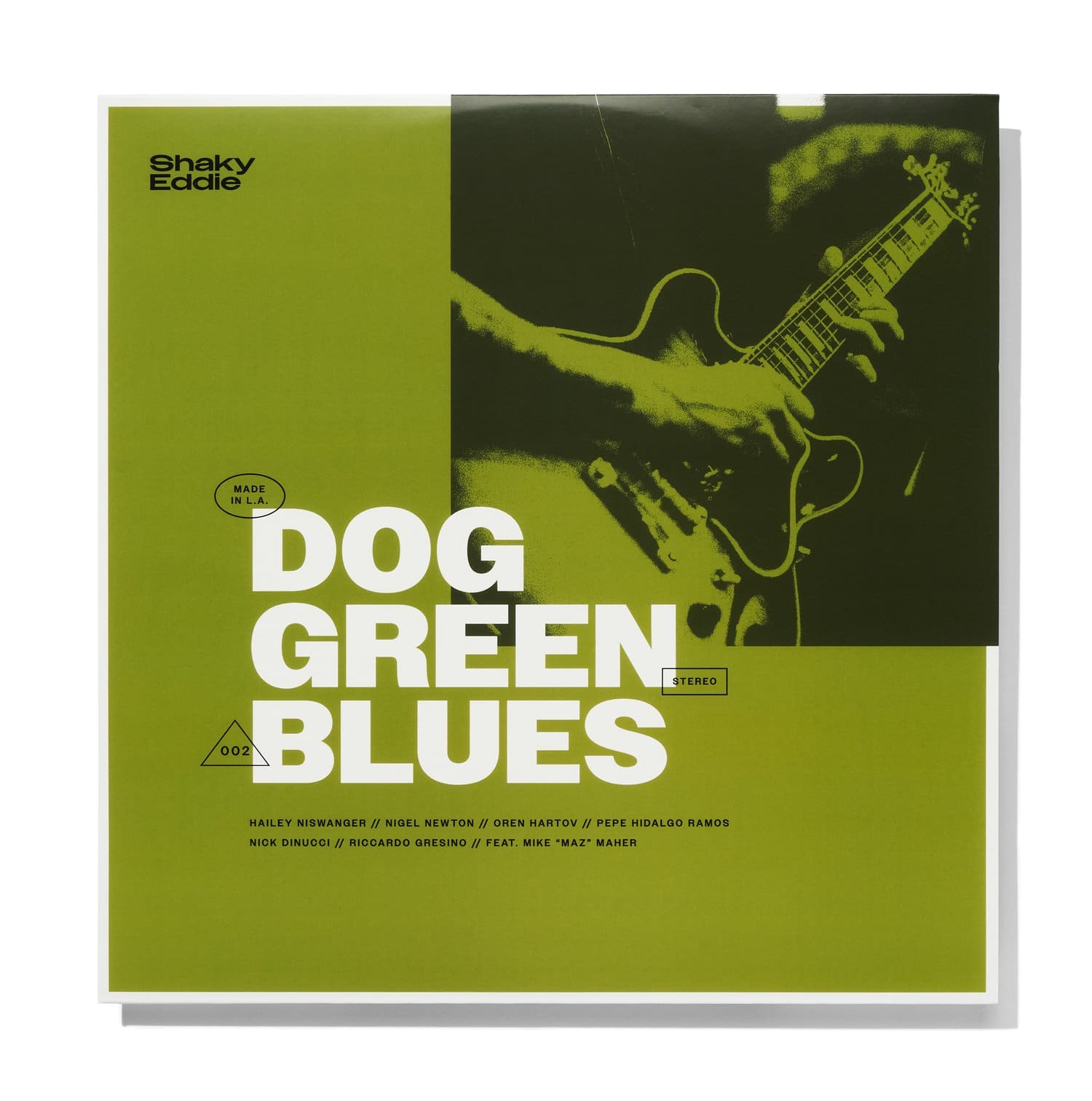


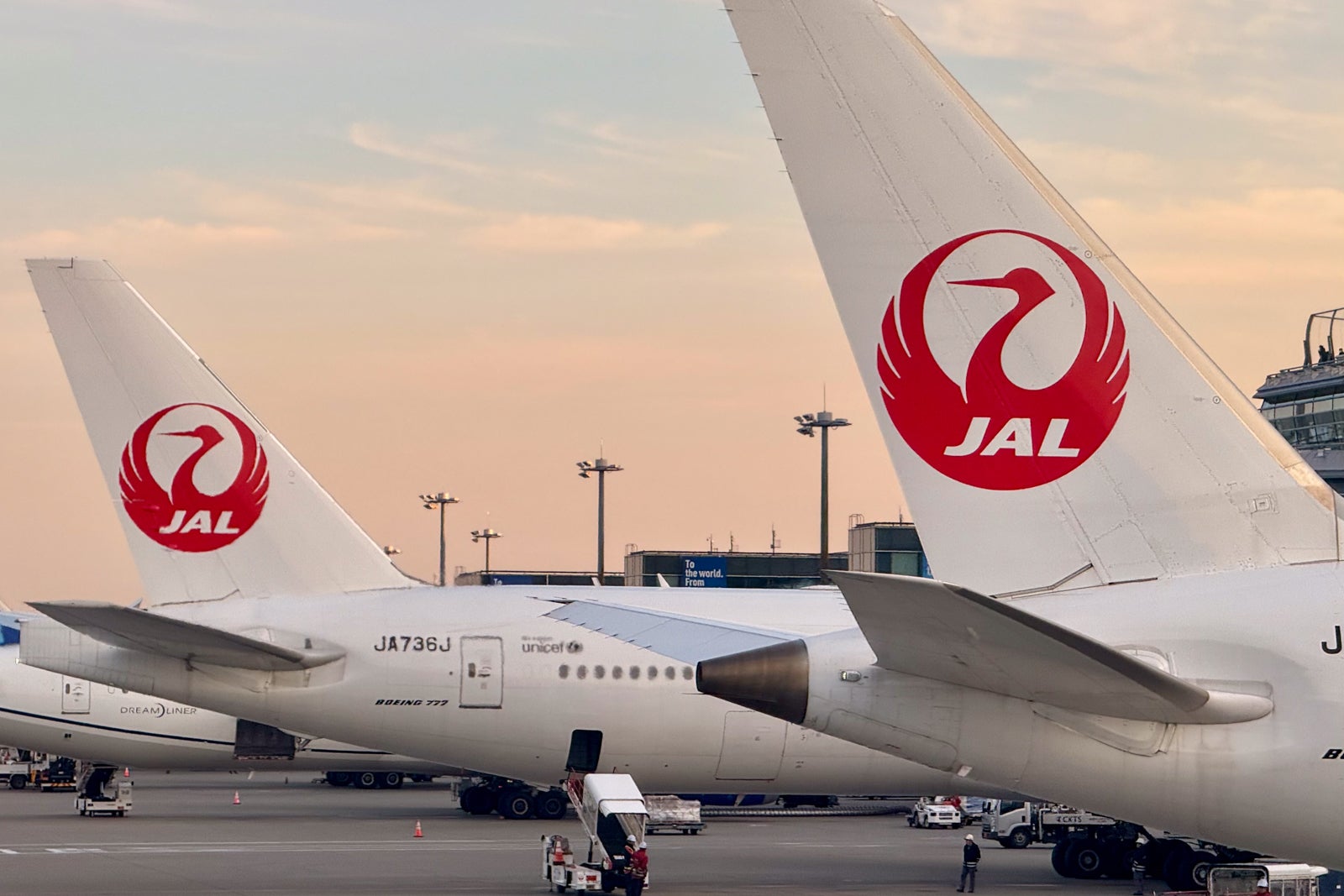


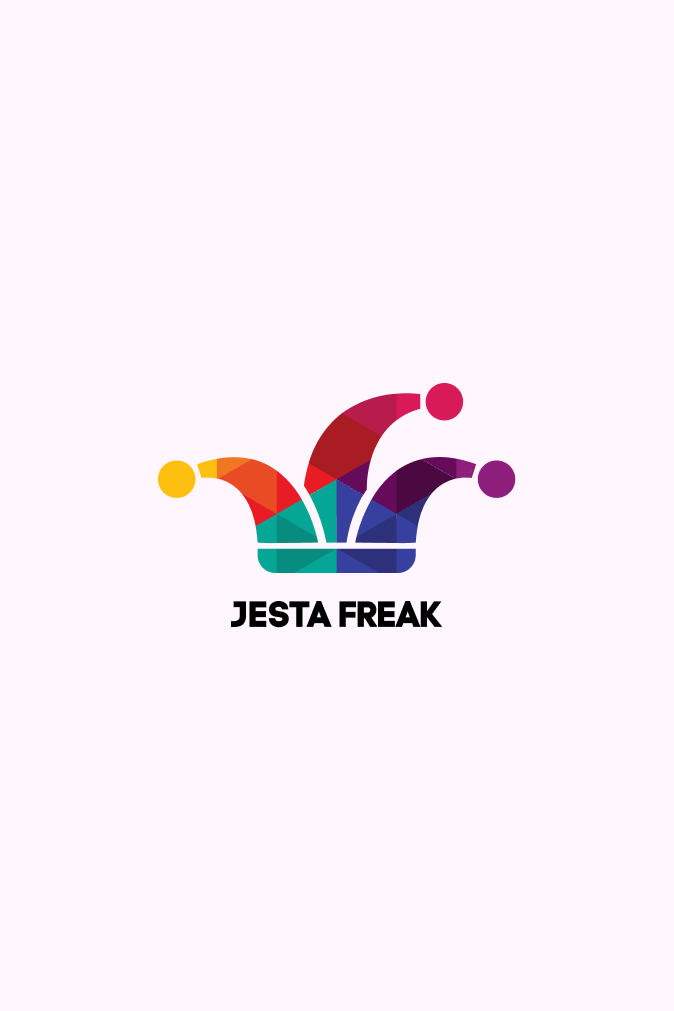
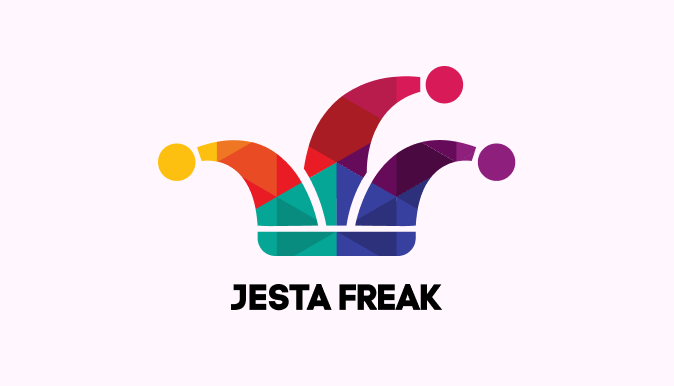
Very interesting. I never thought about that. Or better say was never conscious about it. Thanks for sharing! 👍
I like that! It’s so true. We always say google that word or that thing but never say Bing it. Very funny. Why is that?
It is sad though. Just read on Reuters that Tupperware might go out of business. I really love this brand. I have “Tupperwares” – made by Tupperware – in my pantry for over 30 years. Not sure what went wrong with these guys. I really hope they overcome this phase. ♥
Oh that would be sad news. It is so true. This brand is really amazing. Hopefully they find a way.
I cannot find a satisfying answer for that question. From what I understood is that this happens when the trademark becomes so widely used to refer to a product or a service that it loses its distinctiveness and therefore can no longer be protected as a trademark. This phenomenon is called brand genericization. Having said that, why Starbucks for example, as the debate says, didn’t lose its distinctiveness?
Can anybody share the answer if you ever find one?
Do we say I am JestaFreaking? 😜